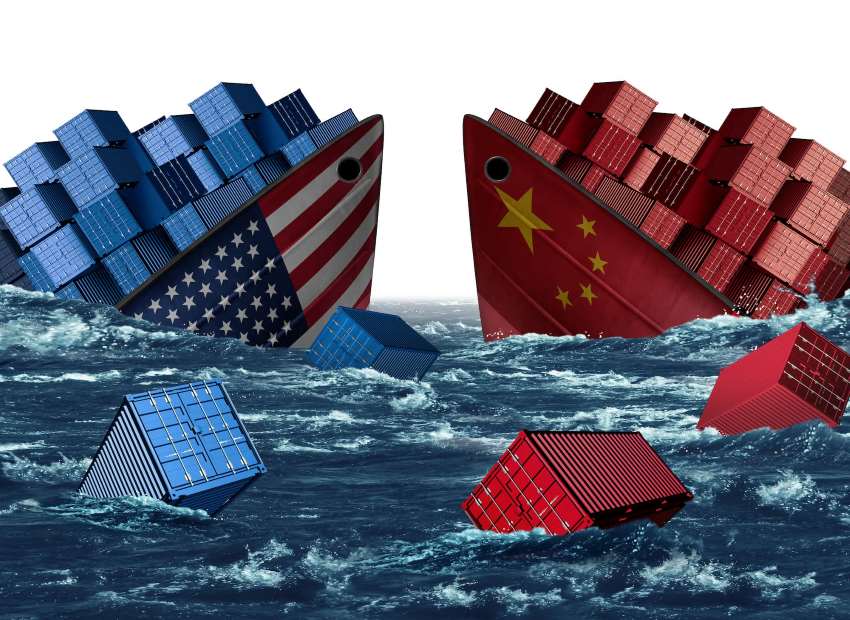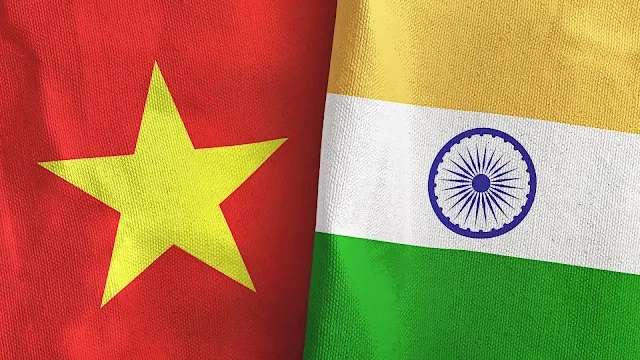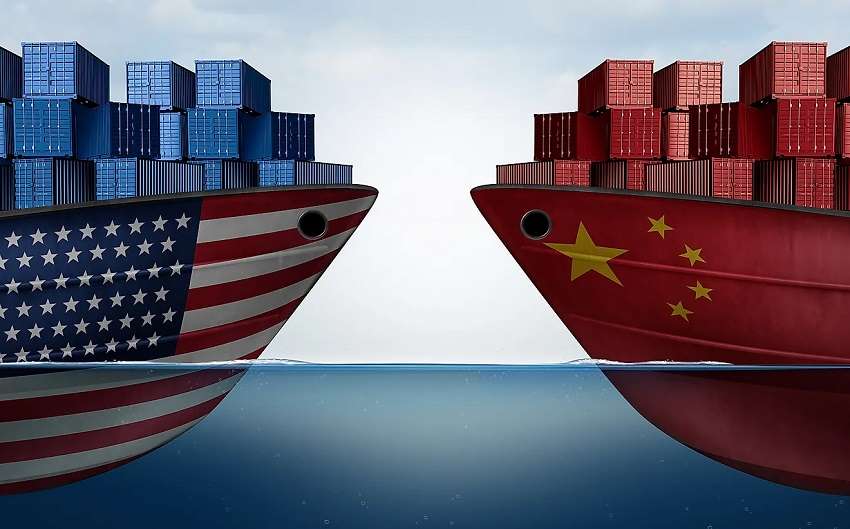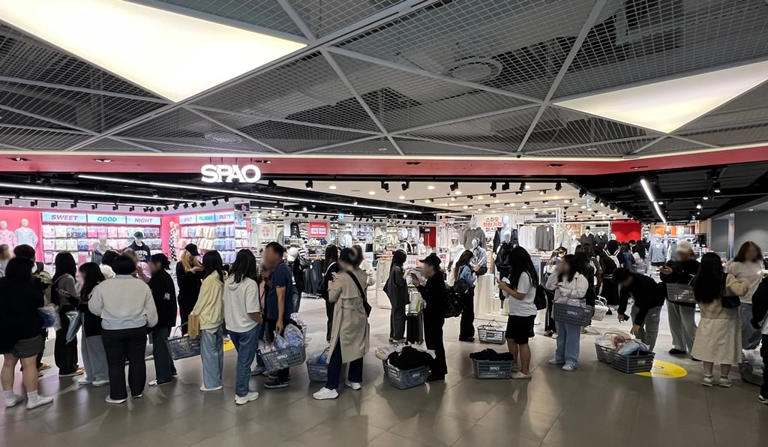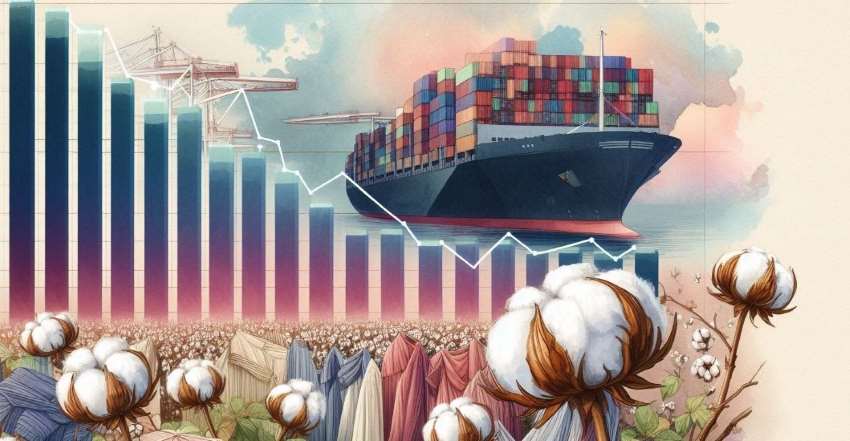"While there’s a growing risk that supply chain and CSR managers are faced with, they also need to address other aspects of their businesses that are adversely impacted by loss of control of the supply chain. These include potential loss in market share, brand reputation, stolen IP, liability to recall, potential legal and accounting costs, and even criminal action. However, it seems that necessary measures are now being taken as more than 280 brands and retailers have signed a ‘Company Pledge Against Forced Labor in the Cotton Sector of Uzbekistan’. The pledge was initiated by the Responsible Sourcing Network, an organization dedicated to ending human rights abuse associated with materials in everyday products, and Cotton Campaign, a coalition of organizations aimed at eradicating forced labor in cotton production.
 Human Rights First recent survey suspects that more than $140 billion worth of goods suspected of being made by forced labor enters the US market each year. In Uzbekistan and Turkmenistan, two of the largest exporters of cotton, forced labour organized on a mass scale demands engagement by up to one million people and possibly more during pick seasons. Another report by a media agency found that much of the cotton produced in Uzbekistan is missing labels or has labels with misleading statements of origin. This provides the opportunity for cotton obtained through human rights abuse to enter manufacturing supply chains often unwittingly.
Human Rights First recent survey suspects that more than $140 billion worth of goods suspected of being made by forced labor enters the US market each year. In Uzbekistan and Turkmenistan, two of the largest exporters of cotton, forced labour organized on a mass scale demands engagement by up to one million people and possibly more during pick seasons. Another report by a media agency found that much of the cotton produced in Uzbekistan is missing labels or has labels with misleading statements of origin. This provides the opportunity for cotton obtained through human rights abuse to enter manufacturing supply chains often unwittingly.
While there’s a growing risk that supply chain and CSR managers are faced with, they also need to address other aspects of their businesses that are adversely impacted by loss of control of the supply chain. These include potential loss in market share, brand reputation, stolen IP, liability to recall, potential legal and accounting costs, and even criminal action. However, it seems that necessary measures are now being taken as more than 280 brands and retailers have signed a ‘Company Pledge Against Forced Labor in the Cotton Sector of Uzbekistan’. The pledge was initiated by the Responsible Sourcing Network, an organization dedicated to ending human rights abuse associated with materials in everyday products, and Cotton Campaign, a coalition of organizations aimed at eradicating forced labor in cotton production. Companies that signed the pledge committed not to knowingly sourcing cotton from Uzbekistan. Another pledge is soliciting signees for the same commitment against the problem in Turkmenistan.
The repercussions
Going by prevailing scenario, the US government recently banned import of goods made with Turkmenistan cotton under a law prohibiting import of  goods made with forced labour. There are chances that the government might ban cotton exports from Uzbekistan too. In order to get the situation in control, a Cotton Campaign delegation interacted with Uzbek officials and guided them towards reforms process. Recommended actions include legal and policy reforms, a time-bound plan to dismantle the structural underpinnings of the forced labor system, and accountability mechanisms.
goods made with forced labour. There are chances that the government might ban cotton exports from Uzbekistan too. In order to get the situation in control, a Cotton Campaign delegation interacted with Uzbek officials and guided them towards reforms process. Recommended actions include legal and policy reforms, a time-bound plan to dismantle the structural underpinnings of the forced labor system, and accountability mechanisms.
Today it’s not just the NGOs who are stern against forced labour, consumers are becoming increasingly conscious about unethically-produced cotton and are putting pressure on the industry with their most powerful asset, their pocketbooks. Roughly three in five Americans (61 per cent) responding to a survey said that if they discovered a brand made their bedding/clothing products from raw cotton that was picked by child/forced labourers, they wouldn’t buy it.
Tech to the rescue
There are technologies to verify the origin of the cotton and its path throughout the supply chain. Fibre Forward traceability with DNA uses DNA molecular tracers and applies them onto the cotton fibre itself. Portable DNA testing systems can be installed on-site at a mill or at the gin for quality control purposes. Cotton genotyping uses natural biomarkers that designate the DNA fingerprint of the cotton species, some of which may be associated with a geographic region. Additionally, there are blockchain platforms, which provide open transparency across transactions between supply chain partners. It is essential, however, to ensure the initial data entered into distributed ledgers comes from forensically verified (such as with DNA methods) sources. Otherwise, blockchains may be inadvertently used to propagate mis-information.



